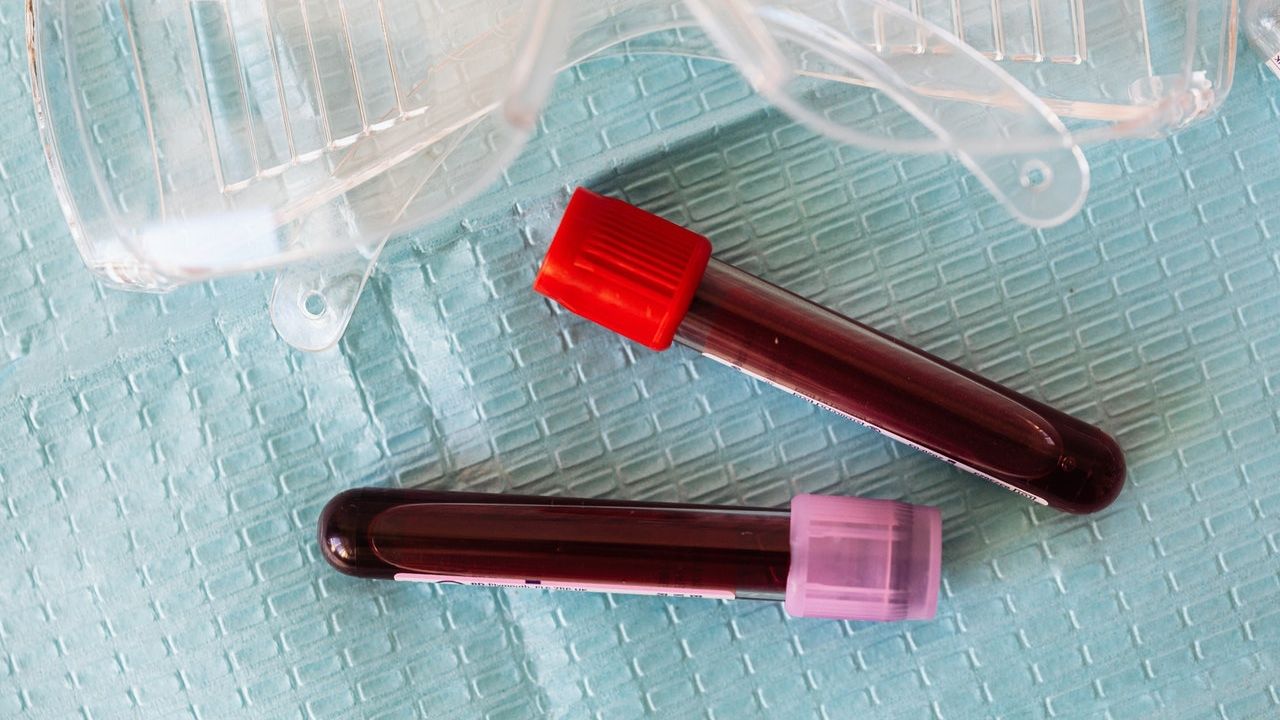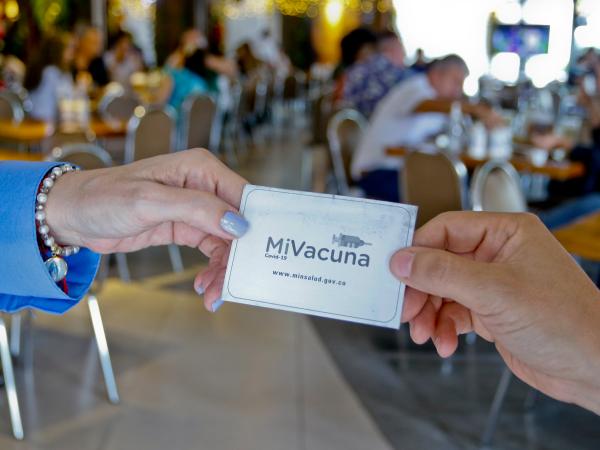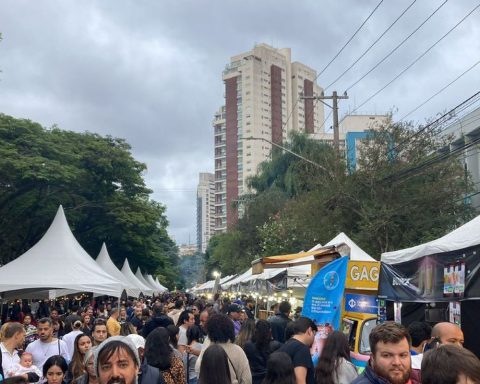The concept “Donating blood is to donate life”, takes on a lot of force these days. In fact, December begins, and it is one of the months where more campaigns and calls must be made to have blood donors in the country as it is a period of low donations historically. However, the need today is evident, where as a result of the pandemic, the donation has become 60% less than in previous years, therefore, it seeks to generate awareness of the current situation, making a special appeal addressed to a specific group of donors.
Blood donation translates into transfusions in hospitals, which help patients at risk of life, which can be from newborns, premature babies and older adults, to women with obstetric complications, patients with complex surgical interventions, with chronic diseases or who suffer from some type of cancer, among others. The common factor is that these are always highly complex patients whose lives are in danger and a blood donation can make a difference.
“Currently, we are very low in two specific groups, which are Positive RH and Negative RH. That is why we call on these specific donors, so that they can schedule themselves to donate at the different donation service points. of blood, where they can contribute to this immediate need “ ensures the Dr. Loreto Vergara, director of Metropolitan Blood Center.
It is necessary to know that there are certain basic requirements to become a blood donor, such as having between 18 and 65 years old, weighing more than 50 kilos and being in good health. In addition, women can donate blood a maximum of three times a year and men a maximum of four.
Within the myths, it must be clear that donating blood does not make you fat or weak, but quite the opposite, since the organs receive young blood by producing new cells, red blood cells that carry fresh oxygen. With donation, the blood flows adequately to the lining of the blood vessels.
The existing care points in the public health network are listed with their addresses and hours in the following link: DONATE BLOOD
Finally, the body recovers the volume of blood that it donated in 24 hours, and the red blood cells take between four to six weeks to be replaced, therefore, it is a process that does not complicate your body at all. For more information go to www.donasangre.minsal.cl or you can schedule your time by calling 2 2568 1560.

















